“Zebulon Vance, throughout his life, worked for the welfare and defense of North Carolina. His monument should come back.”


“Zebulon Vance, throughout his life, worked for the welfare and defense of North Carolina. His monument should come back.”

“However, if a new monument is to be in honor of some person or family, I believe the answer is obvious: the Vanderbilts.”
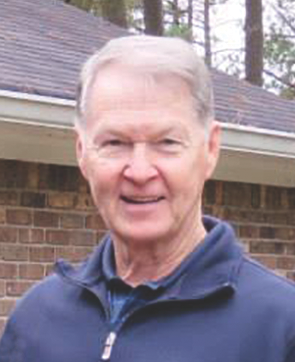
“Instead, perhaps Asheville and Buncombe County should follow the British model of ‘retaining and explaining’ controversial monuments and statuary.”
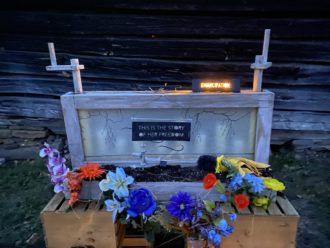
The Vance Birthplace reimages “A Christmas Carol” through the life of an enslaved woman. Plus, the Southern Highland Craft Guild hosts its annual Holiday Seconds Sale, Attic Salt Theatre presents “Santa Claus Conquers the Martians” and the Multiverse Theatre Collective bring Jane Austen characters to life.

“Take, for instance, objections recently raised in the Mountain Xpress to increased housing density, open-space reduction and infill construction.”

“Notwithstanding the pontifications of the City Council and their attorney, the Vance Monument was a gift to the people of Asheville, largely paid for by Vance’s friend George Willis Pack, on property donated by Pack on the condition that it be retained forever.”

While some historians were already telling fuller stories before the monument’s removal, others have been inspired by its absence.
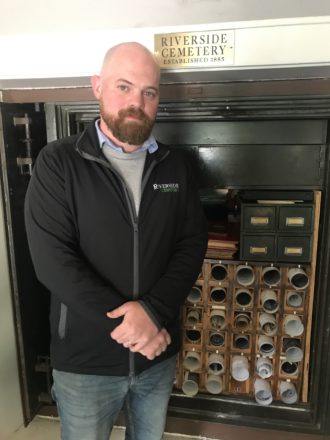
When Joshua Darty moved to Asheville in 2006 with a freshly minted forest management degree from N.C. State University, an open position at the city’s Parks and Recreation Department seemed like a potential fit. But when he showed up for his interview at 53 Birch St., he was in for a surprise. “I’m like, ‘This […]

“The repurposing of the Vance Monument would present an opportunity, not only for learning, but also to add yet another layer to the history and growth of this community.”

“Please realize every day this statue remains intact is another day you’re not actively renouncing white supremacy.”
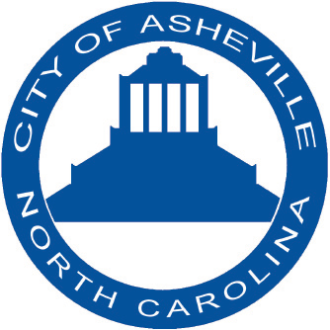
Mayor Esther Manheimer emailed Xpress the evening of Dec. 7 to say that Council was moving the Vance item from reports to new business, allowing for both public comment and a vote. She did not immediately respond to a request for clarification regarding the rationale behind that change.
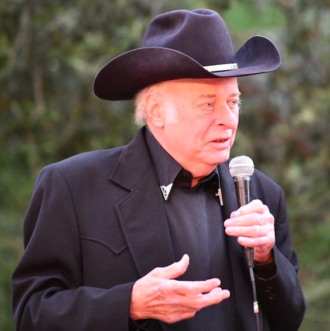
“If we follow that logic, though, shouldn’t we also tear down Vance Elementary School rather than merely renaming it?”

“No matter how much you find the Vance Monument offensive, it is at least equally offensive to those who have an appreciation of Gov. Vance for the difficult job he had to do from 1862-65 to hold this man responsible for all problems of society, real or imagined.”
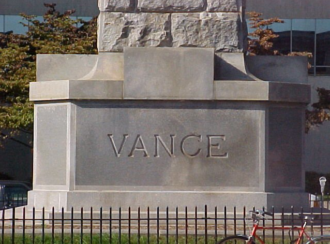
Per the joint city and county resolution that established the group, a “recommendation regarding the removal and/or repurposing of the Vance Monument” must be delivered to Asheville City Council and the Buncombe County Board of Commissioners within three months of Aug. 4, when the final members were appointed.

“I believe the city and county ought to embrace the obelisk and repurpose it for a monument that stands for freedom and rights for every citizen who breathes the air of this nation.”
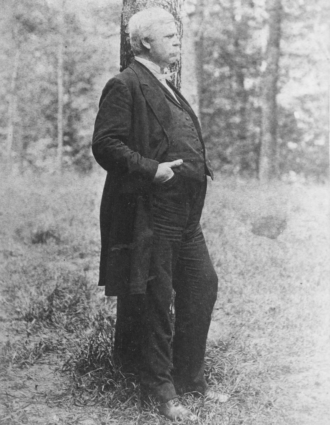
“Plainly and unequivocally, common sense says keep the slave where he is now — in servitude,” declared Zebulon Vance, in a May 16, 1860 address to the House of Representatives.
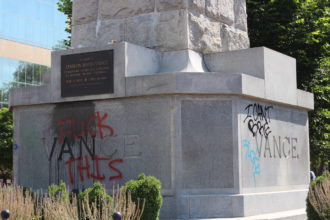
Asheville City Council unanimously adopted a joint resolution with Buncombe County to remove two Confederate monuments at the Buncombe County Courthouse and in Pack Square Park. The resolution also convenes a task force to further explore the removal or repurposing of the Vance Monument in downtown Asheville.
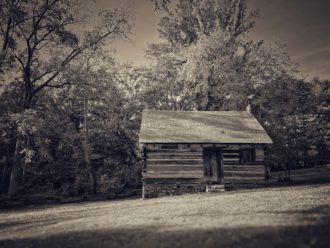
The 1860 census records show that Buncombe County had 1,907 slaves and 283 slave owners. Yet even today, some local historians say people are unaware that slavery existed in WNC.
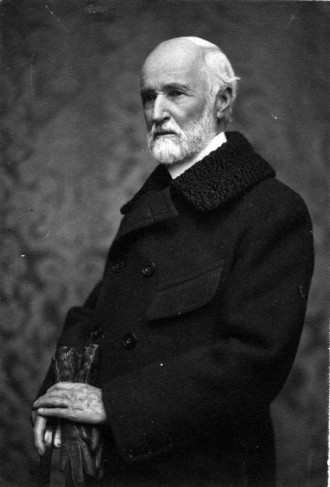
On Aug. 31, 1906, Asheville mourned the loss of George Willis Pack.
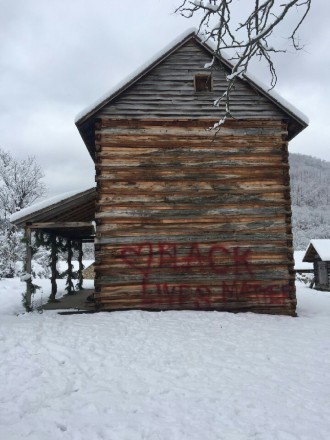
Separate incidents in Canton and Buncombe County over the past week highlight the racial tensions that have dominated headlines throughout 2017 in WNC and across the country.

“If we remove the Vance name and plaque, we will dispose of all positive and negative connotations imposed upon it. We will reduce it to its purest form — an obelisk of stone, sun and shadow. Now the monument is free.”